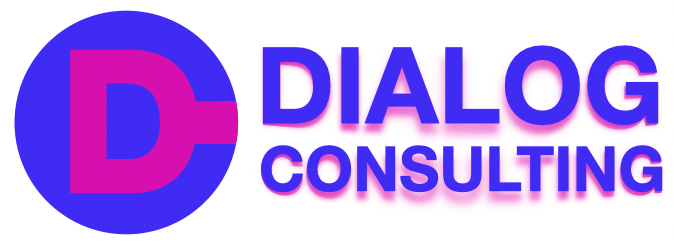There’s a powerful, new way to organize the information in your professional and personal life. It called tagging. It’s a radical departure from using hierarchical folders… within folders… within folders… whether in electronic (on your computer) or physical (in your filing cabinet) form.
Have you noticed that when you save a Word doc, an Excel file, or a PowerPoint presentation, that you can now add tags? It’s on the same screen as the file name field when you “Save As”. It’s that important… or even more so.
Tags are also available in Yammer and Chatter (group texting services), Evernote and OneNote (your second brain), Things and Wunderlist (task managers that synch across all of your devices), and in so many other places… but alas, not in email, an unproductivity tool if ever there was one.
So what exactly is a tag? It’s a keyword or phrase typically preceded by a ‘#’ sign. Yes, in the UK they call that symbol hash, not pound. So we usually refer to these things as hashtags… as in #awesome (pronounced hash-tag-awesome).
There are two powerful concepts behind tags:
- Unlike any document / task / note which must exist in ONE specific folder, such content can be tagged with more than one phrase. Think: #Priority1 and #CustomerA and #SalesOpportunity.
- You can access all items tagged with a specific phrase using search whenever you need to. You can instantly see everything that is #Priority1, or that is related to #CustomerA, or that is a #SalesOpportunity without duplicating content in multiple locations (which would almost certainly create a synchronization nightmare).
Think about the tags that would be valuable in your world. What if your team started using some of these new tools (Yammer or Chatter, Evernote or OneNote, Things or Wunderlist) and tags?
Well, you’d find information 52% faster, eliminate 27% of your company meetings, and reduce incoming email by 30%. At least, that’s what other companies are finding. Who wouldn’t want to achieve that?
